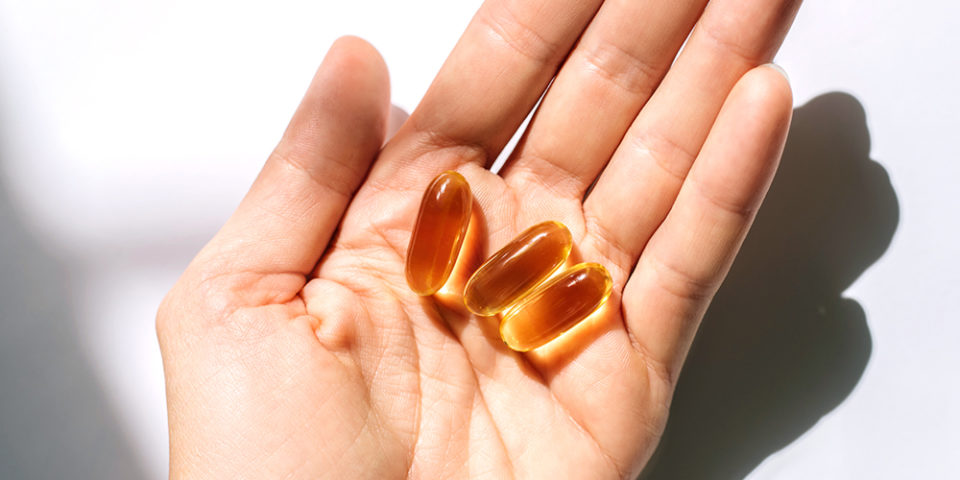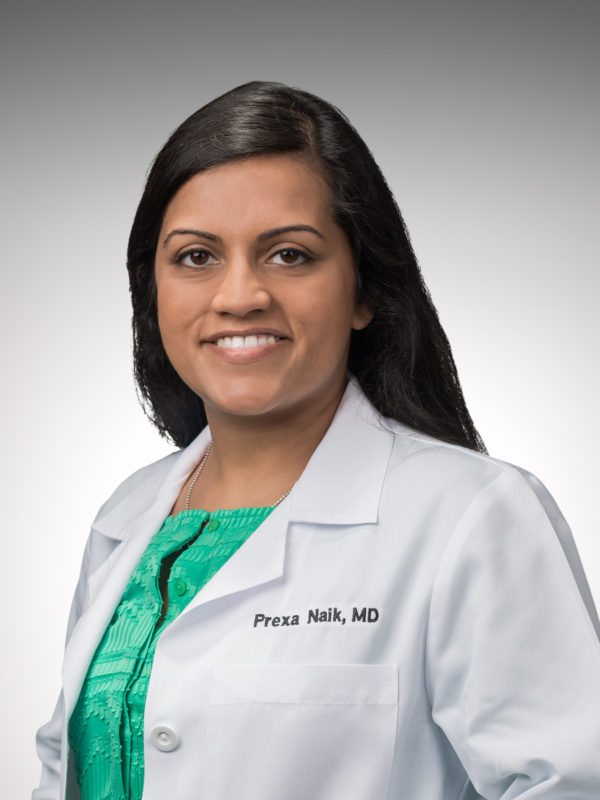Can supplements improve your memory?
We’ve all seen the advertisements and articles claiming things like Omega 3 fatty acids, B vitamins, ginkgo biloba and other plants or vitamins can help your mind stay sharp. Do supplements really help with memory? Geriatrician Prexa Naik, MD, said unless there is a particular vitamin deficiency that is being treated, there’s no evidence supplements improve your memory or brain health.
“There’s a lot of controversy about some of these, such as fish oil, turmeric and coconut oil,” said Dr. Naik. “Turmeric came up because it appears that the Indian population has less Alzheimer’s disease. Turmeric is a staple in their cooking, so they’ve eaten it their whole lives. I don’t know how helpful it is to start something like that at mid age. But taking these supplements probably doesn’t have a whole lot of adverse effects, so I tell people that using them in moderation should be fine.”
Is there anything you can do to improve your memory?
Dr. Naik said the most important thing you can do is stay active. “That means staying physically, socially and mentally active. Those are all very important in prevention and slowing progression of dementia.”
Other ways you can help your memory include:
- Exercise. It never too late to start exercising because it is key in increasing blood flow to the brain.
- Sleep. There are certain medical conditions like sleep apnea that affect memory. “It’s very important to get treatment for sleep apnea,” Dr. Naik said. “Not just because of the lack of oxygen to your heart, but also because of lack of oxygen to the brain.”
- Diet. What’s good for the heart is good for the brain. The Mediterranean diet, which includes olive oil and cold-water fish, can help you stay physically healthy. Reducing alcohol intake also is beneficial.
What about brain exercises?
It’s not clear whether Sudoku and crosswords are truly helpful in preventing memory loss. But anything that challenges the brain and keeps your mental processes agile and active is a good thing. For some people, that may mean learning a new instrument, language or hobby. Doing these things can help you stay mentally stimulated and active, but also keep you socially connected as well.
Find the care you need, close to home
Our primary care physicians provide well visits and everyday care when you need it with compassion and expertise.
Find Primary Care Near You

